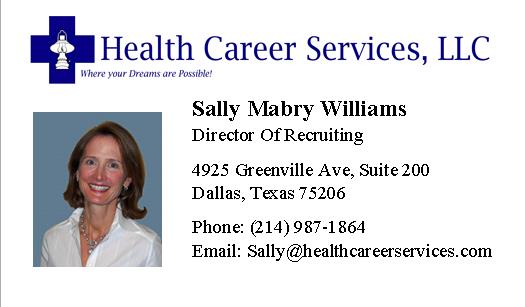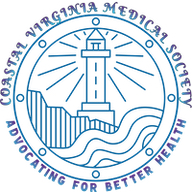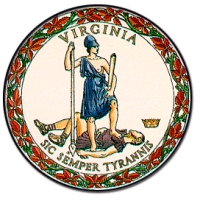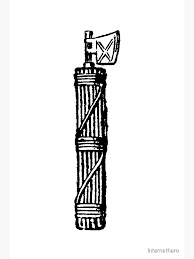And Surgeons
CVMS Bulletin
Making a Difference
in HealthCare for Eastern Virginia
Volume 1: Issue 5
May 2023

"[As a doctor] people will trust you, confide in you, and appreciate your efforts. You can do amazing things for people if you don’t let the system get you down."
― Wes Fischer, MD via Kevin MD
Welcome to the fifth edition of the CVMS Bulletin bringing you updates on the status of healthcare in Eastern Virginia. We hope you find it interesting, informative and enjoyable. Please let us know if there is anything we can do to make it better.
Live Webinar on Practice Management:
May 11, 2023 by Zoom: Inefficient business practices can cost medical practices 20-30% of their annual revenues. Inefficiency also increases staffing needs. Because physicians focus on delivery of care to patients, most practices are unaware of many wastes that occurs in the administrative management of their businesses. Most of this waste is preventable. This presentation discusses 5 ways medical practices can improve efficiency to reduce costs & staffing needs and tools they may employ to help them achieve it.
Once you email your RSVP, we'll send you the zoom link.
CVMS Status Update
Our name change from Norfolk Academy of Medicine to the Coastal Virginia Medical Society was temporarily stalled but is back on track now based on our recent conversation with our legal office. We should get documentation within 30 days.
In the meantime, we will move forward with our first in-person Board meeting during May or June to discuss approval and verification of our documents, and to establish our plans for the year:
1. Our advocacy plans will focus initially on price transparency and Certificate of Need (CON) issues.
2. We would like to consider at least one dinner meeting for all the members before the end of the year.
3. We will begin setting up CME programs for our members hopefully at least once a month.
4. We will work on establishing more member benefits and keep you informed on our progress.
5. All members will receive an invitation letter to officially join (or rejoin) our new Medical Society in the near future. We truly hope you will seriously consider being a part of this new endeavor to make a difference in improving healthcare in eastern Virginia. There is strength in numbers. The more members we have, the stronger we become, and the louder voice we will have.
Medical Society of Virginia Advocacy Summit
Proposals for the 2023 Advocacy Summit at the Medical Society of Virginia Headquarters are due by May 29th at 5PM. You must be a member of the MSV to present a proposal and you must register for the event. This year, the Summit is in-person with no virtual options.
The Advocacy Summit, which is on June 16th, 2023 at 12 PM, is primarily for proposals that you would like to have considered this year.
The House of Delegates resolution process takes up proposals for future advocacy work.
If you have a proposal that you would like to present at the Summit or if you would like a proxy to present the proposal, please let us know so we can help make the arrangements.
Price Transparency
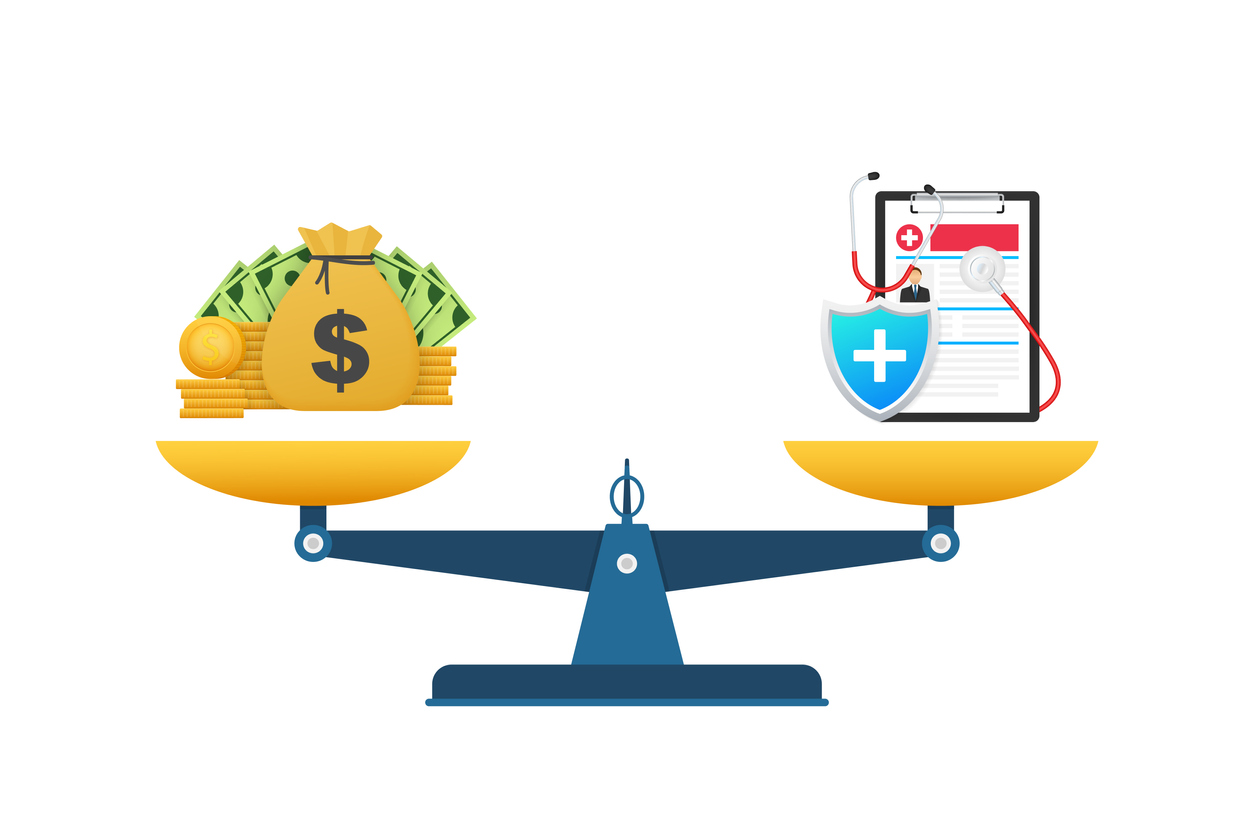
Medical price transparency refers to the practice of providing patients with information about the costs of medical procedures and treatments before they receive care. In recent years, there has been a push towards greater price transparency in healthcare, with some states passing legislation requiring healthcare providers and hospitals to disclose pricing information to patients. A bill in the Virginia State Legislature to support this was recently declined.
Pros:
- Helps patients make informed decisions: Medical price transparency enables patients to make informed decisions about their healthcare. With access to pricing information, patients can compare the costs of different procedures and choose the one that is most affordable for them.
- Increases competition: Price transparency can increase competition among healthcare providers. When patients have access to pricing information, they can shop around for the best prices, forcing providers to compete on price and quality.
- Reduces healthcare costs: By providing patients with information about the costs of medical procedures and treatments, medical price transparency can help reduce healthcare costs. When patients are aware of the costs, they are more likely to seek out affordable options and avoid unnecessary procedures.
- Promotes accountability: Price transparency can promote accountability among healthcare providers. When providers are required to disclose pricing information, they are more likely to be transparent about their pricing practices and hold themselves accountable for any discrepancies or overcharging.
Cons:
- Complex pricing structures: The pricing structures for medical procedures and treatments can be complex, making it difficult for patients to understand and compare prices. Even with access to pricing information, patients may still struggle to make informed decisions about their healthcare.
- Limited impact on overall healthcare costs: While price transparency can help reduce the cost of individual procedures, it may have limited impact on overall healthcare costs. Other factors, such as the cost of prescription drugs and administrative costs, can still contribute to rising healthcare costs.
- Burden on providers: Implementing price transparency can be a burden on healthcare providers. Providers may need to invest in new technology and systems to ensure that pricing information is accurate and up-to-date, which can be costly and time-consuming.
- Risk of cherry-picking: Price transparency can also lead to cherry-picking by healthcare providers. Providers may choose to offer only the most profitable procedures, rather than offering a full range of services, to ensure they remain competitive on price.
Conclusion:
Medical price transparency has both pros and cons, and its impact on healthcare costs can vary depending on the specifics of the legislation and how it is implemented. While medical price transparency can help patients make more informed decisions and promote competition and accountability, it may also be difficult to implement and have limited impact on overall healthcare costs. Ultimately, the success of medical price transparency in Virginia will depend on the willingness of healthcare providers and hospital systems to embrace it.
CVMS Position:
We strongly believe the pros outweigh the cons on this topic.
In competitive free-market systems as in the United States, patients have the right to know what their services will cost. If the costs are complex it is up to the provider to explain them. The difference in cost is definitely not negligible for many if not most services. Most patients would want to know, especially if they are having to pay out of pocket. The burden on providers is not excessive and if one provider's cost is less than another for exactly the same service, the service should go to the one who can provide it more cost effectively and efficiently. The competition helps keep the prices down. The patient, the more cost-effective provider, and the healthcare system all benefit from this.
Unfortunately, the bill that would have provided for medical price transparency was recently voted down in the Virginia State Legislature. We will have to regroup on this by writing more letters to our state delegates to show how disappointed we are regarding this recent vote and our hope that more delegates will come to understand the benefits of price transparency in the healthcare system.
Certificate of Need

In Virginia, like in many other states in the US, there is a Certificate of Need (CON) mandate that limits the number of hospital beds that can be added or removed without state approval. This means that hospitals and other healthcare facilities must obtain a Certificate of Need from the Virginia Department of Health before they can expand or reduce their number of beds. While the goal of the mandate is to control healthcare costs and improve the quality of care, it has unintended consequences that affect both patients and healthcare providers.
One of the most significant consequences of the CON mandate is that it limits access to hospital beds for patients. By restricting the number of beds that hospitals can have, patients may have to wait longer for admission, or they may not be able to receive the care they need at all. In some cases, patients may have to travel to other hospitals or even other states to receive the care they need, which can be costly and inconvenient.
Another consequence of the CON mandate is that it limits competition among healthcare providers. Because hospitals must obtain state approval before they can expand or add beds, it can be difficult for new providers to enter the market. This lack of competition can lead to higher healthcare costs for patients, as providers have less incentive to keep their prices competitive.
The CON mandate also affects healthcare providers in other ways. For example, hospitals that want to expand or add beds must go through a lengthy and costly approval process that can take months or even years. This process can be discouraging for hospitals that want to provide more care to patients but cannot do so due to regulatory hurdles.
In addition, the CON mandate can make it difficult for hospitals to adapt to changes in the healthcare market. For example, during the COVID-19 pandemic, hospitals in Virginia faced a sudden surge in patients and needed to increase their bed capacity quickly. However, the CON mandate made it challenging for hospitals to do so, which could have led to worse outcomes for patients.
In conclusion, while the Certificate of Need mandate in Virginia aims to control healthcare costs and improve the quality of care, it has unintended consequences that limit access to care for patients, restrict competition among healthcare providers, and hinder hospitals' ability to adapt to changes in the healthcare market. Policymakers should consider the potential negative consequences of the CON mandate when making decisions about healthcare regulation in Virginia and other states.
CVMS Position:
We strongly oppose the ongoing presence of the CON mandate in Virginia.
The Federal government had a similar mandate, but they got rid of it when they discovered that it did not save costs and that it impaired patient care. Fifteen other states like New Hampshire have eliminated this law. Ours and many other medical societies including Northern Virginia Medical Society and the Medical Society of Virginia continue to maintain that the mandate is harmful to patients and serves as a barrier to better health care. The notion that it saves money is just not true. It serves only to make the strong hospitals stronger and prevents smaller hospitals from expanding thereby eliminating competition and increasing healthcare monopolies. It causes marked overcrowding in Emergency Rooms and prevents timely admissions for patients who need it. It increases ER physician and nursing workloads and increases the risk of errors. We would like to extend a standing invitation for any of our state delegates to walk with us through one of our emergency rooms in the Tidewater area at any time, day or night, to see the conditions there caused directly by lack of hospital beds.
Collegiality

In addition to advocacy, one of the main purposes of the Coastal Virginia Medical Society is to promote collegiality and provide opportunities for professional development and networking among its members.
Here are some examples of collegiality programs that we wish to offer in our area:
- Continuing Medical Education (CME) programs: We will provide CME programs that offer opportunities for physicians and other medical professionals to stay up-to-date on the latest research and advancements in their field. These programs may be offered in person or online.
- Professional development opportunities: We intend to offer workshops, seminars, and other professional development opportunities to help members improve their skills and knowledge in areas such as leadership, communication, and practice management.
- Social events: We will organize social events such as networking dinners or receptions, which provide opportunities for members to meet and connect with other medical professionals in the area.
- Mentoring programs: We wish to develop mentoring programs that pair experienced physicians with newer members or medical students. These programs can provide valuable guidance and support for those just starting out in the field.
- Physician wellness programs: We intend to provide programs that focus on physician wellness, such as stress management workshops or support groups. These programs can help members maintain their physical and mental health, which is essential for providing high-quality patient care.
In conclusion, CVMS will offer a variety of collegiality programs for its members, including CME programs, professional development opportunities, social events, mentoring programs, and physician wellness programs. These programs can help members stay connected, informed, and supported in their professional and personal lives. If anyone has a suggestion of any additional programs that you think we should offer, please let us know in the comment box below.
Board of Directors
Our current Board of Directors is as follows:
Greg Warth, MD, President and Communications Director
Keith Berger, MD, Vice President and Advocacy Director
_______________Secretary/Treasurer - and Finance Director - open position
Lisa Barr, MD, Collegiality Director
Alexandria Berger, MD, Director of Better Patient Care
Jerome Blackman, MD, Director of Mental Health
Cynthia Romero, MD, Director of Education, Liaison to EVMS and ODU
Joel Bundy, MD, Director-Liaison to Sentara
_______________Director of Marketing, Benefits, and Services - open
Brenda Musto, Executive Director, non-voting
Please note there are two important vacancies on the Board - one for Secretary-Treasurer, which actually could be two positions on its own, and one for Director of Marketing, Benefits and Services. Here is your opportunity to become a leader in the community, to actually make a difference in improving healthcare in eastern Virginia. If you are at all interested in either of these positions, please let us know.
Contact us:
Email: cvms@cvmedicalsociety.org
Phone: 757-816-8399
FAX: 757-486-2208
CVMS Event Board
What's New?
Recent Articles
-
CVMS Event Registration-Reply
Apr 20, 25 04:47 PM
CVMS Event Registration-Reply Form and Questionnaire -
Medical Recruitment
Apr 12, 25 08:27 AM
A place where medical employers can connect with applicants. -
CVMS Bulletin April 2025
Apr 09, 25 10:06 AM
The Coastal Virginia Medical Society offers information, education, advocacy and support for physicians in Virginia Beach, Chesapeake and Norfolk, VA.
More Links
Continuing Education Requirements from the Board of Medicine
Informed CMEs for Virginia Physicians
Get Stroke Smart Materials for your practice.
Severn Leadership Group Fellows Program
Contact Us
Here is your chance to let us know what is on your mind. What problems with healthcare in this area are you most concerned about? What benefit or service can we provide to help you the most with regard to your well being or that of your patients?
Please be sure there are no typos in your email address. Otherwise we won't be able to reply.
Just for Fun...
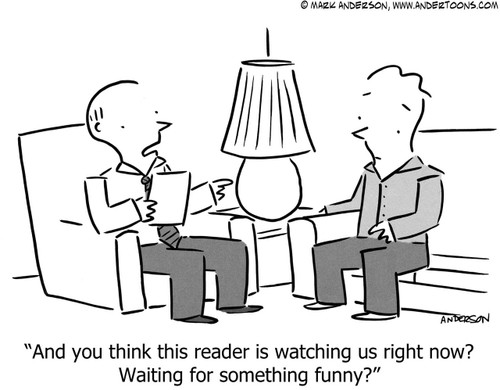
We hope you enjoyed this new edition of the CVMS Bulletin. If you have any questions, concerns or comments, let us know at cvms@cvmedicalsociety.org. If you wish to provide an article or your own story to put in this newsletter, send it in. Watch the "What's New" link in the upper left Navigation Menu for updates in between the monthly newsletters. Let us know if you wish to be involved in the CVMS organization process or if you know of any resources or benefits we could potentially provide for the membership.
Thank you for subscribing to the CVMS Bulletin.

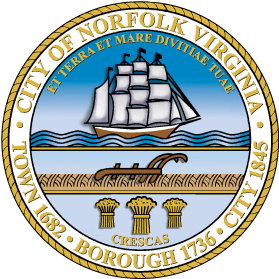
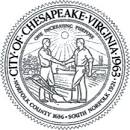
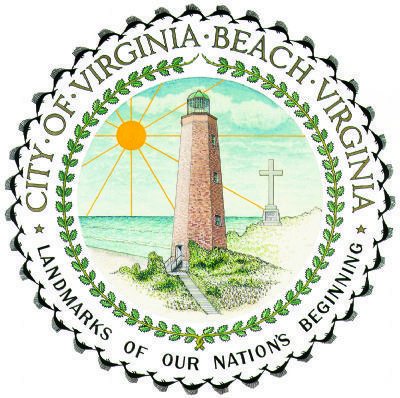
Recent Articles
-
CVMS Event Registration-Reply
Apr 20, 25 04:47 PM
CVMS Event Registration-Reply Form and Questionnaire -
Medical Recruitment
Apr 12, 25 08:27 AM
A place where medical employers can connect with applicants. -
CVMS Bulletin April 2025
Apr 09, 25 10:06 AM
The Coastal Virginia Medical Society offers information, education, advocacy and support for physicians in Virginia Beach, Chesapeake and Norfolk, VA.
Sign Up for the New CVMS Bulletin
Things You Need to Know
News Releases
from the
Virginia Beach Health Department
Norfolk Public Health Department
Chesapeake Health Department
The Roman Fasces was a symbol of strength and power occurring as a result of many binding together. It was made of multiple elm or birchwood rods about 5 feet long tied together and sometimes including an axe. It was carried by attendants to soldiers or powerful figures in ancient Rome. For us, it symbolizes that we are stronger and more powerful if we bind together in supporting our goals.
Medical Society of Virginia Updates
Upcoming Virtual CME Activities from MSV:
HER2-Positive Breast Cancer Treatment
COVID-19 Vaccine Information
Pfizer COVID-19 Training Sessions and Additional Vaccine Information
Includes a section on what to tell your patients
VDH Clinician Letters - COVID-19 updated from the Virginia State Health Commissioner
